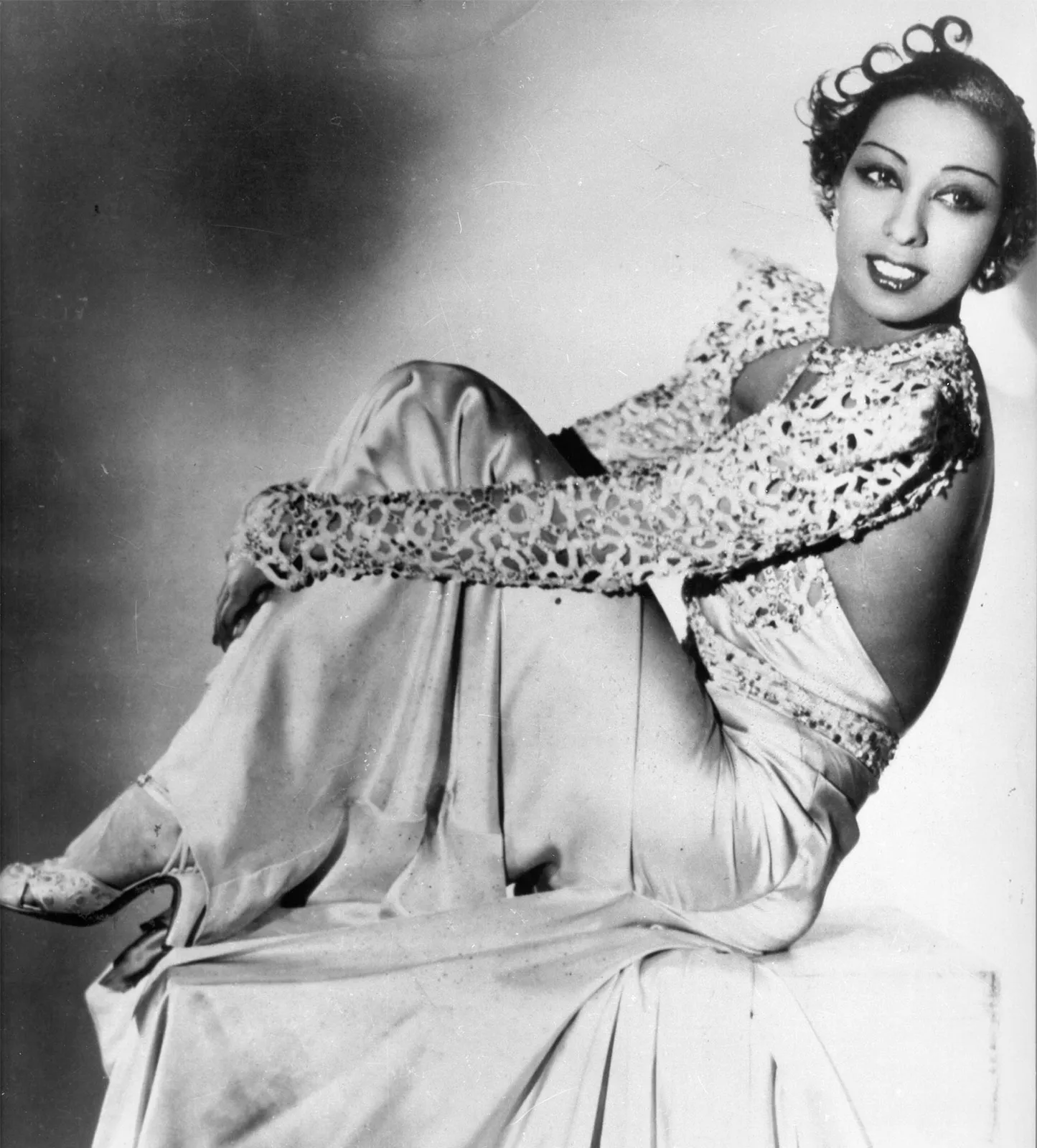Josephine Baker - International Activist
 When Josephine Baker, born Freda Josephine McDonald, arrived in Las Vegas in 1952, segregation was strictly enforced in the casinos. After she starred in an all-black revue in Paris, France, she had gotten used to being in a more welcoming and accepting environment. After becoming one of the most well-known performers in France, her career was unfortunately derailed due to World War ll.
When Josephine Baker, born Freda Josephine McDonald, arrived in Las Vegas in 1952, segregation was strictly enforced in the casinos. After she starred in an all-black revue in Paris, France, she had gotten used to being in a more welcoming and accepting environment. After becoming one of the most well-known performers in France, her career was unfortunately derailed due to World War ll.
During the German takeover of France, she was enraged with the Nazism and bigotry she was experiencing, and quickly became a proud member of the French resistance. At the time, she was in an interracial marriage and was the focus of some racial injustice herself and so she made it a part of her life’s mission to fight back on the abuse she was both witnessing and experiencing. Her advocacy in war-torn Europe included offering her house as a safe space for her fellow resistance members, raising money to help support those escaping, and also keeping detailed records of essential news and updates on the war.
In 1951, Baker returned to the United States to embark on a journey to fight racism and segregation across the country. During her tour around the US, she headlined on the Las Vegas Strip at The Last Frontier. She cleverly used her stardom to ensure her contract stated that she would only perform for audiences that would not face segregation. Her contract was very clear that Black people would always be allowed at her shows and when The Last Frontier Hotel did not honor this condition, she refused to perform.
One guest in attendance later recalls that Baker went to the Black neighborhoods of West Las Vegas to recruit more audience members in response to the hotel not honoring their part in the contract. Former county commissioner, Woodrow Wilson, was also in attendance and later states, “That was just an unusual situation; because of her status in the entertainment world as an internationally famous woman, she was able to withstand the pressures coming from the hotel industry and the hotel that was involved and force them to live up to that agreement.”
Although segregation would not fully come to fruition in Las Vegas showrooms until 1960, Josephine Baker undoubtedly played a crucial role in pushing equality forward in both Las Vegas and Europe alike. In 1951, the NAACP honored her heroism, and declared May 20th “Josephine Baker Day.”
Photos courtesy of Encyclopedia Britannica

